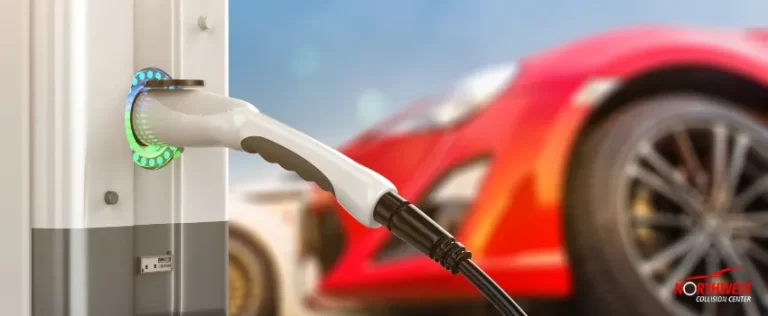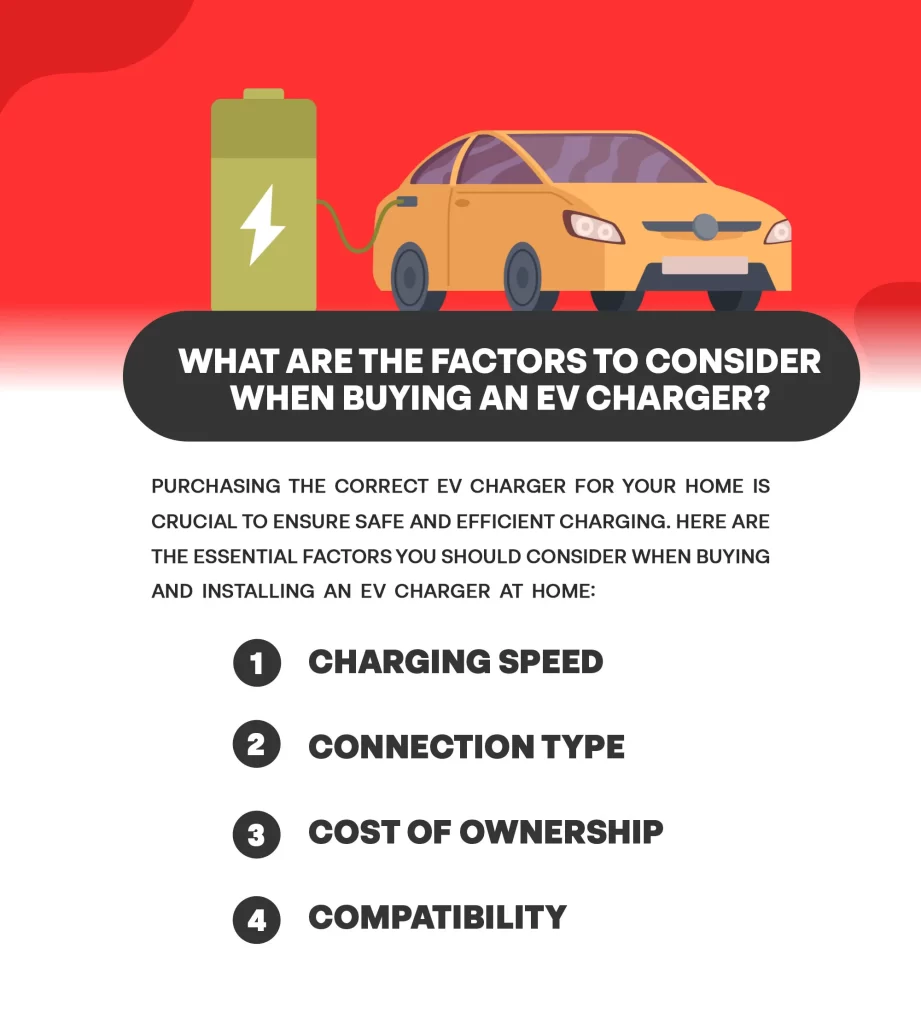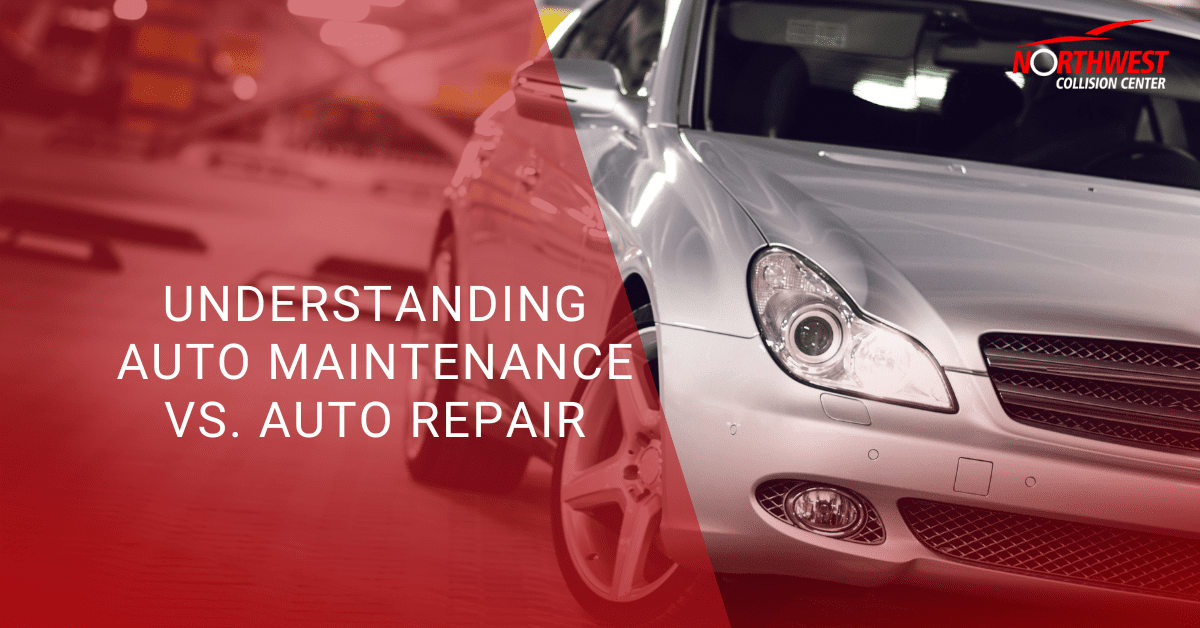Electric vehicles (EVs) have gained popularity recently due to their eco-friendly features and cost-efficiency. As more people embrace this sustainable mode of transportation, the need for accessible charging stations becomes crucial. One convenient solution is to install an EV charger at home.
A home EV charger lets you charge your electric vehicle conveniently, ensuring it’s always ready for the road. However, before you dive into this endeavor, there are several factors you need to consider to make the right choice.
What are the factors to consider when buying an EV charger?
Purchasing the correct EV charger for your home is crucial to ensure safe and efficient charging. Here are the essential factors you should consider when buying and installing an EV charger at home:
1. Charging Speed
The rate at which an EV charger powers up your vehicle’s battery is gauged in kilowatts (kW), affecting the speed of the charge. A higher kW rating means your EV will charge more rapidly. When choosing an EV charger, consider your daily driving needs and the availability of higher-powered chargers in your area.
2. Connection Type
EV chargers come with different connection types, and the right one for you depends on your vehicle’s charging capabilities and budget. The three common types are:
- Plug-in Chargers: These chargers have a plug that directly connects to your EV. They are compatible with all EVs but can be more expensive to install if you don’t have an existing electrical outlet near your desired charging location.
- Hardwired Chargers: Hardwired chargers are permanently connected to your electrical system and have a dedicated electrical circuit. They are typically more affordable than plug-in chargers but require professional installation.
- Smart Chargers: Smart chargers can be plug-in or hardwired and offer additional features like scheduled charging, remote monitoring, and connectivity with smartphone apps. While smart chargers can be more expensive, they provide convenience and potential cost savings by allowing you to take advantage of off-peak electricity rates.
3. Cost of Ownership
When buying and installing an EV charger at home, consider not only the upfront cost but also the long-term expenses. Factors that can affect the cost of ownership include:
- Installation Costs: The cost to install an EV charger at home will vary depending on the charger type and your home’s electrical setup. Hardwired chargers may require additional electrical work, increasing the installation expenses.
- Additional Electrical Upgrades: Some home EV chargers may require upgrades, such as a higher-capacity circuit breaker or a new electrical panel. These upgrades can add to the overall cost, so it’s essential to factor them in during the planning stage.
- Warranty and Maintenance: Consider the warranty coverage and ongoing maintenance costs when installing a home EV charger. It’s recommended to choose a charger with a warranty that aligns with your expected usage and to follow the manufacturer’s maintenance guidelines to ensure its longevity.
- Energy Costs: The charger’s energy consumption can vary, so it’s worth checking the specifications for energy efficiency. Additionally, the impact of the charger on your monthly electricity bill will depend on your charging frequency and the electricity rates in your area.
4. Compatibility
Not all EV chargers are compatible with every electric vehicle. Before making a purchase and installing an EV charger at home, consider the following:
- Vehicle Requirements: Some EVs have specific charging requirements. For example, certain models can only be charged using Level 2 chargers. It’s crucial to check your vehicle’s manual or consult the manufacturer to ensure compatibility with the charger you’re considering.
- Standard Compliance: Look for chargers that meet recognized industry standards for safety and performance, such as UL certification. Choosing a standard-compliant charger reduces the risk of compatibility issues and ensures the charger’s quality and reliability.
What should you look for when buying an EV charger?
With the increasing availability of EVs, the market for EV chargers has also expanded. To ensure you get the best charger for your electric vehicle, here are some key things to look for:
1. Safety certifications
Safety should be a top priority when selecting a home EV charger. Look for chargers that have undergone rigorous testing and have safety certifications from recognized organizations. These certifications ensure that the charger meets specific safety standards and can operate reliably, minimizing the risk of electrical hazards.
2. Ease of use
Select a charger that is user-friendly and easy to operate before installing an EV charger at home. Features such as clear display panels, intuitive controls, and convenient cable management can make the charging process hassle-free. Some advanced chargers also offer smartphone connectivity, allowing you to monitor and control the charging status remotely.
3. Durability
Since EV chargers are typically installed outdoors, they should withstand various weather conditions. Look for chargers that are made of durable materials before installing a home EV charger. They should have adequate protection against elements like rain, dust, and UV rays. Investing in a charger with good build quality can ensure its longevity and reliable performance.
4. Smart features
Smart features, such as scheduled charging and energy monitoring, can be beneficial for optimizing your charging experience. Chargers with these capabilities allow you to take advantage of off-peak electricity rates by scheduling charging times. They can also provide real-time energy consumption data, helping you track and manage your charging costs.
What breaker size is needed for an EV charger?
The breaker size needed for an EV charger depends on the charger’s electrical requirements. Most home EV chargers today require a 40 to 60-amp breaker. However, some high-power chargers may need up to an 80-amp breaker.
It’s essential to consult the charger’s specifications and installation manual to determine the precise breaker size. Additionally, you should consider the existing electrical load in your home to ensure that it can accommodate the charger without overloading the electrical system.
Key Takeaway
Investing in a home EV charger is a significant step towards enjoying the convenience of charging your electric vehicle at your residence. To make the right choice, consider the compatibility, charging speed, installation requirements, and cost of the charger.
When you’re ready to buy, look for chargers with safety certifications, ease of use, durability, and smart features. Remember, the success of your EV charger installation also depends on the preparations you make, so it’s crucial to work with a qualified electrician to ensure a smooth and safe setup.
Get your Tesla repaired by the experts in collision repair!
While you’re here, if you need a reliable auto body repair shop for Tesla or any other vehicle, Northwest Collision Center is your go-to! Contact us today and let our skilled technicians restore your car to its pristine condition.











